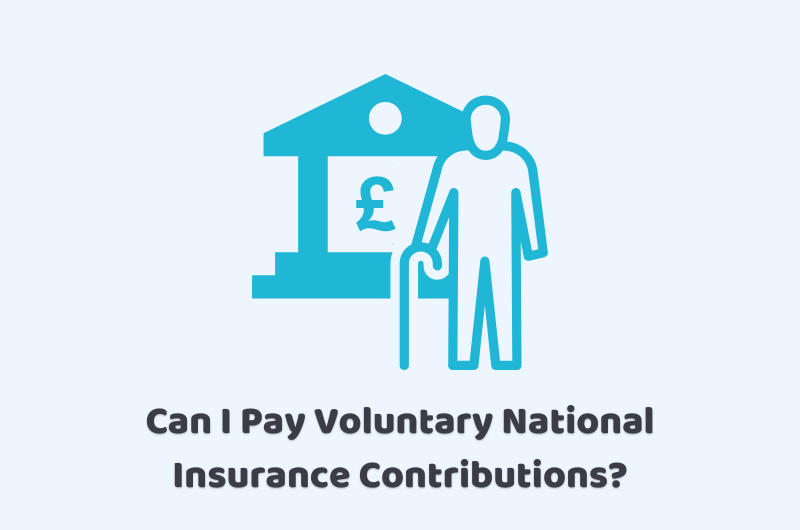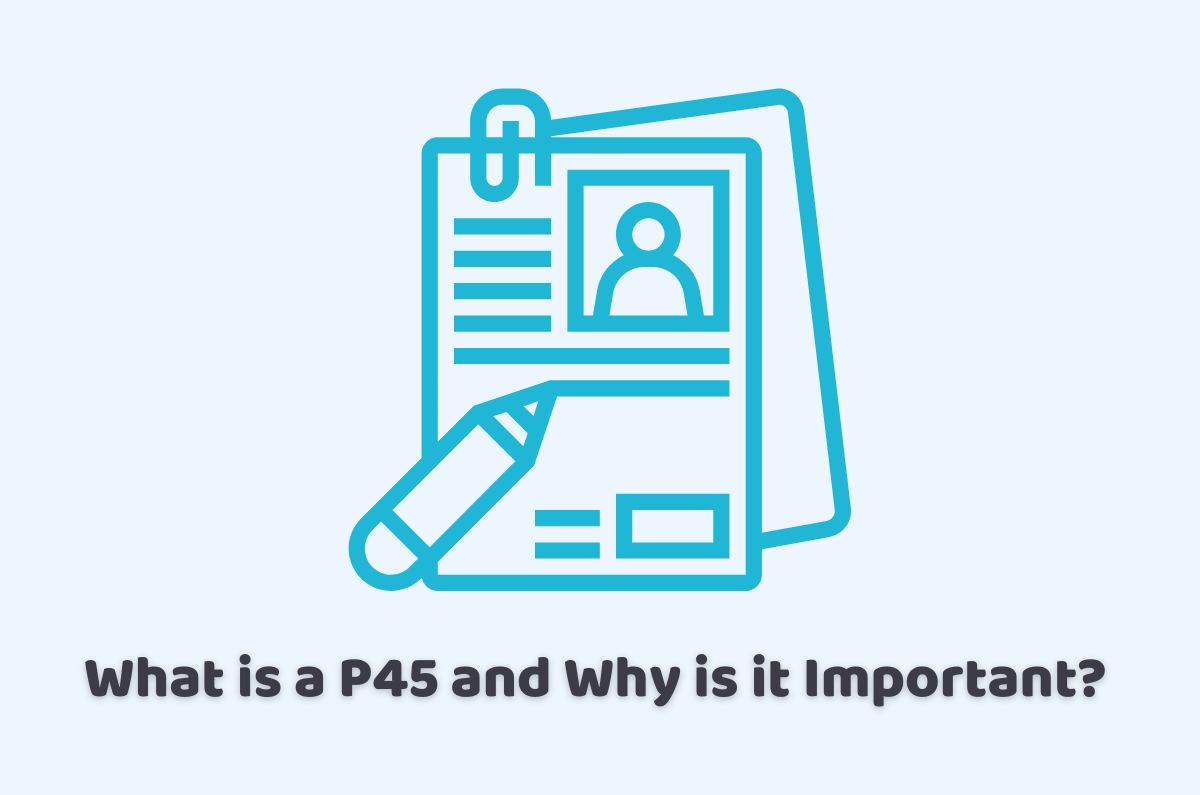
09/01/2023tax , Tax Saving Tips
If you are an individual who is residing in the UK and interested in paying voluntary contributions, this guide will be really helpful for you in multiple ways. Especially, you will be ensured that you meet the criteria of having years to qualify for the full state pension. However, there are several cases observed that have gaps in them and voluntary national insurance contributions are a great way to fill these gaps. There are several classes that belong to national insurance contributions and these are known as class 1 contributions, class 2 contributions, class 3 contributions, and class 4 contributions.
Furthermore, when it comes to class 1 contributions, the employees and the employers pay this class of NICs. People who are self-employed, pay class 2 NICs. There are people who voluntarily choose to pay the national insurance contribution to fill their contribution gaps, class 3 belongs to voluntary contributions. People who are self-employed tend to pay class 4 contributions partially on their profits. However, before you choose to pay NICs as a beginner, be aware of the basics related to it. This guide is designed to help you gather information about what is national insurance contribution, how can I keep paying it in the UK, what is its cost, and what are certain things to consider before you pay NICs.
Reach out to one of our professionals to get to know about paying voluntary contributions for your earnings in the UK. Get in touch and you will be provided instant professional help!
What is Voluntary National Insurance Contribution?
Voluntary national insurance contribution refers to a kind of help that will ensure that you have enough years to qualify for the full state pension. Especially when you find gaps while checking your records, you can opt for voluntary NICs to fill these gaps.
How can I Keep Paying Voluntary Contributions (NICs) in the UK?
As discussed earlier that voluntary NICs helps in increasing the entitlement of your state pension, and people are more inclined towards paying them immediately in the UK. It is allowable for normal people to pay voluntary national insurance contributions for a period of the previous six years at max. The deadline for paying NICs voluntarily is the 5th of April every tax year. Moreover, there are a few exceptional cases in which you are allowed to go more than the period of six years in the past. This depends on your age mostly which will allow you to increase this duration of paying voluntary NICs for the previous years.
What is the Cost of National Voluntary Contributions?
When you aim to fill the gap in national insurance, there is the element of cost associated with this factor. For the tax year 2022-2023, the cost of filling gaps in your NICs is recorded for class 3, the weekly amount is £15.85 and the annual equivalent is £824.20. In the case of class 2 the weekly amount is £3.15 whereas the annual equivalent is £163.80. Moreover, when you plan to pay for the previous years, you will have to adhere to the current rate even for these past years. Now if there are only two past tax years and you are planning to pay voluntarily for class 2 and class 3, you can pay the amount according to these years’ old rate. When you are paying the amount for class 2 and class 3, your stay abroad will also be considered in this case. Regardless of whether you have worked abroad or not.
What are Some Important Things to Consider Before You Pay a National Voluntary Contribution?
It does not happen always that voluntary NICs will help to increase your amount of state pension. This is imperative to understand here that you will have to showcase 35 years to prove you are the one who qualifies for the criteria. This will help you to get a full state pension. However, a gap is not always saying that you will not get a full state pension.
DWP which is The Department for Work and Pensions considered to give you advice about your finances even when it is not authorized. However, they can guide you a bit about whether you should be paying voluntary contributions or not. However, here are a few suggestions outlined that you should consider before you finally decide to pay the voluntary NICs.
- Be aware of the fact that the increase in pension state is able to reduce the claim in pension credit. You must not opt for paying voluntary contributions in such a case.
- If an individual dies before he reached the age of pension, there will not be any amount given to his family.
- If an individual is in poorer health which is not allowing home to live for a very long time, there will not be any increase in the state’s pension. In this case, you should avoid paying the voluntary NICs.
- You are allowed to use the contributions of your civil partner or your spouse. This will help you improve your basic state pension as well.
- When your state pension is improved, this will make you pay more tax as well.
The Bottom Line
Now that you have gathered a fair amount of information about paying voluntary contributions, we can bring the discussion towards wrapping up. Voluntary national insurance contributions are helpful to increase the state pension or to get the full state pension. However, there are certain exceptions in this case. These exceptional scenarios have a different set of rules as discussed earlier. The professionals advise being aware of these exceptions before you plan to pay voluntary national insurance contributions. We hope these few minutes of reading have helped to develop a better understanding of paying voluntary contributions.
Get in touch with our young, clever and tech-driven professionals if you want to choose the best guide for tax on paying voluntary contributions in the UK for your income.
Disclaimer: The information about paying voluntary contributions provided in this blog includes text and graphics of general nature. It does not intend to disregard any of the professional advice.

